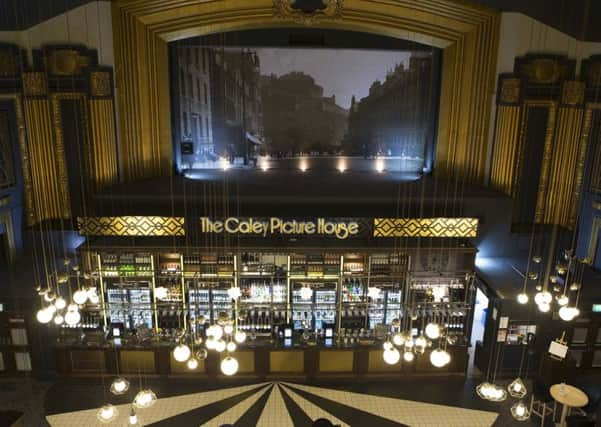Earnings tumble at Wetherspoon’s despite sales rise


Pre-tax profits in the six months to 27 January fell 18.9 per cent to £50.3 million as costs rocketed, especially labour, which increased by about £33m.
However, revenue rose 7.1 per cent to £889.6m and like-for-like sales were up 6.3 per cent in the period.
Advertisement
Hide AdAdvertisement
Hide AdChairman Tim Martin warned that costs would continue to rise in the second half.
He said: “As previously indicated, costs in the second half of the year will be higher than those of the same period last year.
“The company anticipates an unchanged trading outcome for the current financial year.”
He added that in the six weeks to 10 March, like-for-like sales increased by 9.6 per cent and total revenue jumped 10.9 per cent, helped by good weather and favourable comparables.
In the first half of the year, the firm opened two new pubs and closed six, bringing its total estate to 879.
Brexit-backing Martin also used the update to wade into politics, adding: “Previous referendum results on major constitutional issues have always been respected in the UK, but if Parliament votes either for Theresa May’s ‘deal’ (which keeps us in the EU by the back door) or to remain in the EU, the referendum result will not have been respected.
“This may well have significantly adverse economic consequences, as the country turns in on itself to endure months, or years, of stifling constitutional argument.”
John Moore, senior investment manager at Brewin Dolphin Scotland, said: “Putting Tim Martin’s views on Brexit aside, there are some disappointing aspects to the numbers in JD Wetherspoon’s results.
Advertisement
Hide AdAdvertisement
Hide Ad“The company has traditionally been very sensitive to like-for-like trends, with margins thinner and low price being a key component of its brand proposition.
“In the short term, cost and wage inflation may well continue to hurt profitability. However, looking past this, the business should be able to wear and, ultimately, pass through these costs and find itself in a better position than some of its peers.”